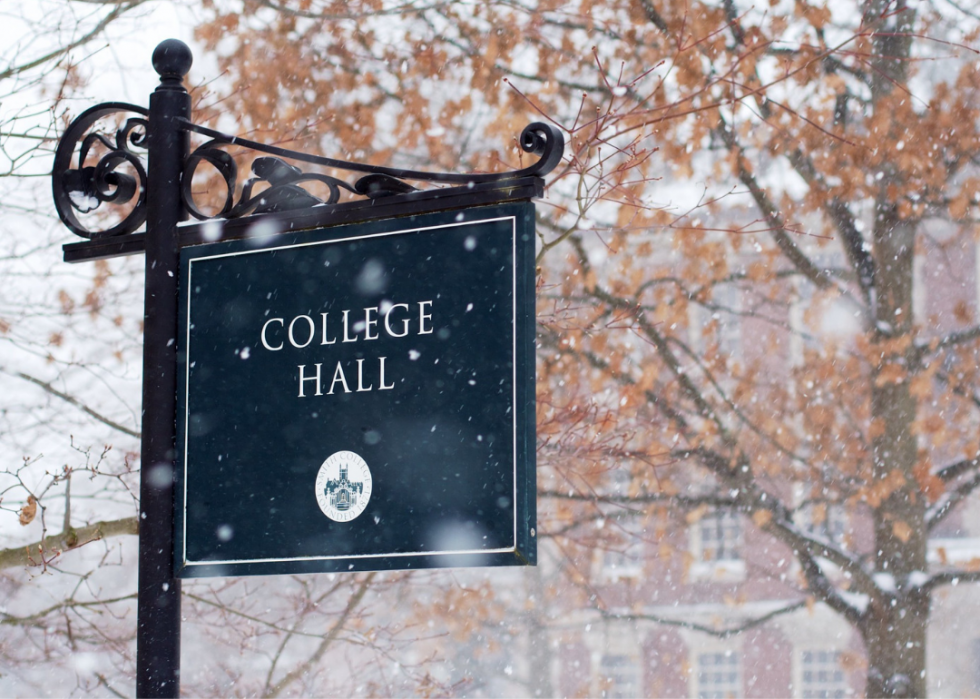Navigating the East Coast College Landscape: A Comprehensive Guide
Related Articles: Navigating the East Coast College Landscape: A Comprehensive Guide
Introduction
With great pleasure, we will explore the intriguing topic related to Navigating the East Coast College Landscape: A Comprehensive Guide. Let’s weave interesting information and offer fresh perspectives to the readers.
Table of Content
Navigating the East Coast College Landscape: A Comprehensive Guide
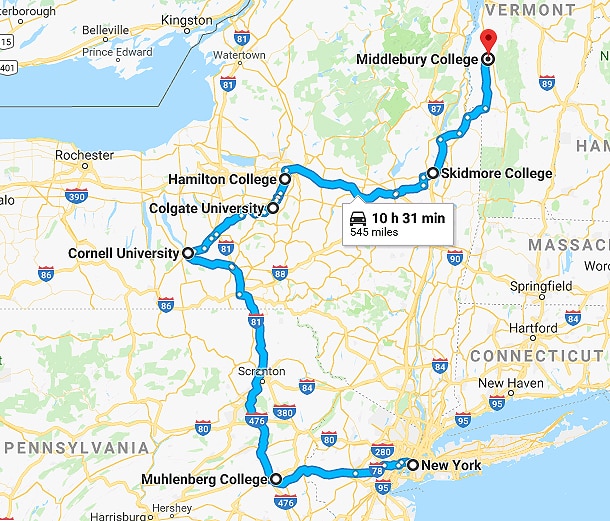
The Eastern United States boasts a diverse and vibrant tapestry of higher education institutions, offering prospective students a wealth of options to pursue their academic and personal goals. From ivy-covered campuses steeped in tradition to innovative institutions pushing the boundaries of knowledge, the East Coast college landscape is a treasure trove of opportunity.
This comprehensive guide aims to illuminate the key features of this region’s higher education ecosystem, providing a roadmap for students seeking to navigate its complexities.
A Glimpse into the East Coast College Ecosystem
The East Coast is home to a remarkable concentration of prestigious universities, renowned for their academic excellence, research prowess, and historical significance. This region is a hub of intellectual curiosity and innovation, attracting top scholars, researchers, and students from across the globe.
Key Characteristics of East Coast Colleges:
- Academic Excellence: The East Coast is synonymous with academic rigor and excellence. Universities like Harvard, Yale, Princeton, MIT, and Columbia consistently rank among the top institutions globally.
- Diverse Programs: The region offers a wide range of academic programs, catering to a diverse array of interests. From liberal arts to STEM fields, from business to the arts, students can find their niche within this vibrant ecosystem.
- Research Opportunities: Many East Coast colleges are at the forefront of cutting-edge research, providing students with unparalleled opportunities to engage in groundbreaking work and contribute to the advancement of knowledge.
- Cultural Hubs: East Coast universities are often situated in bustling cities, offering students access to world-class museums, theaters, art galleries, and cultural events. This immersive environment fosters intellectual growth and broadens horizons.
- Strong Alumni Networks: East Coast universities have strong alumni networks, providing graduates with valuable connections and career opportunities. These networks extend beyond geographic boundaries, connecting alumni across industries and sectors.
Exploring the East Coast College Landscape
The East Coast is geographically vast, encompassing a diverse range of regions, each with its unique character and academic offerings.
New England: This region is home to some of the most prestigious universities in the world, including Harvard, Yale, MIT, and Brown. It is known for its historic campuses, strong liberal arts traditions, and vibrant intellectual communities.
Mid-Atlantic: This region is characterized by a blend of urban and suburban settings, with major cities like New York, Philadelphia, and Washington D.C. housing renowned universities like Columbia, Penn, and Georgetown.
Southeast: This region offers a mix of traditional and innovative institutions, with strong programs in business, medicine, and the arts. Universities like Duke, UNC-Chapel Hill, and Virginia Tech are prominent players in this landscape.
Navigating the Application Process:
Applying to college is a significant undertaking, and the East Coast’s competitive landscape adds another layer of complexity.
Key Steps for Prospective Students:
- Research: Thoroughly research universities that align with your academic interests, career aspirations, and personal preferences.
- Standardized Tests: Prepare for standardized tests like the SAT or ACT. While some institutions are test-optional, strong scores can enhance your application.
- Essays: Craft compelling essays that showcase your personality, experiences, and aspirations.
- Letters of Recommendation: Seek strong letters of recommendation from teachers, counselors, or mentors who can attest to your abilities and potential.
- Extracurricular Activities: Highlight your involvement in extracurricular activities, demonstrating your leadership, teamwork, and commitment.
- Financial Aid: Explore financial aid options, including scholarships, grants, and loans.
FAQs
Q: What are the top universities on the East Coast?
A: The East Coast is home to many prestigious universities, including Harvard, Yale, Princeton, MIT, Columbia, Penn, Georgetown, Duke, UNC-Chapel Hill, and Virginia Tech.
Q: How competitive is the application process for East Coast colleges?
A: The application process is highly competitive, with many universities receiving a large number of applications. Students should focus on showcasing their strengths and crafting compelling applications.
Q: What are the costs of attending East Coast colleges?
A: Tuition and fees vary significantly among institutions. It is crucial to research the financial aid options available and create a budget that aligns with your financial situation.
Q: What are the career prospects for graduates of East Coast colleges?
A: East Coast colleges have strong alumni networks and graduates are well-prepared for a variety of careers in various industries.
Tips for Success
- Early Planning: Start researching and planning early to give yourself ample time to prepare for the application process.
- Focus on Your Strengths: Highlight your unique strengths and experiences in your application materials.
- Seek Guidance: Connect with guidance counselors, college advisors, or alumni to gain insights and support.
- Visit Campuses: If possible, visit campuses to experience the atmosphere and meet with faculty and current students.
- Stay Organized: Keep track of deadlines, application materials, and financial aid information.
Conclusion
The East Coast college landscape is a dynamic and rewarding environment for students seeking a transformative educational experience. By understanding the key characteristics of this region’s universities, navigating the application process strategically, and seeking guidance along the way, students can unlock the doors to a world of opportunities and embark on a journey of intellectual growth and personal discovery.
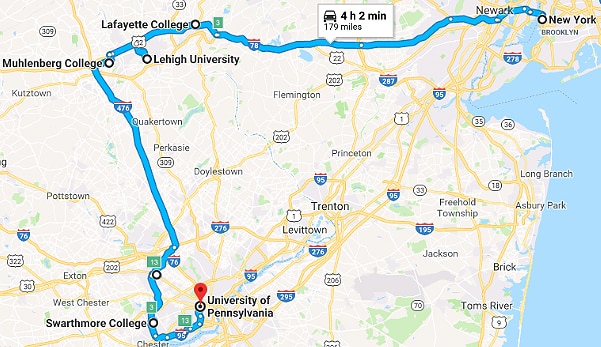


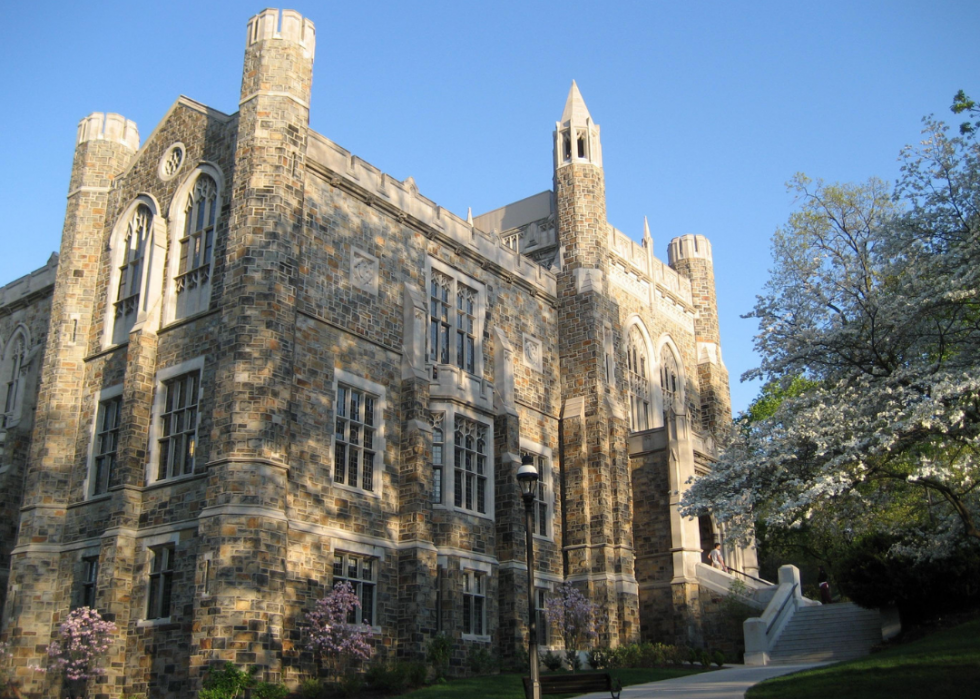
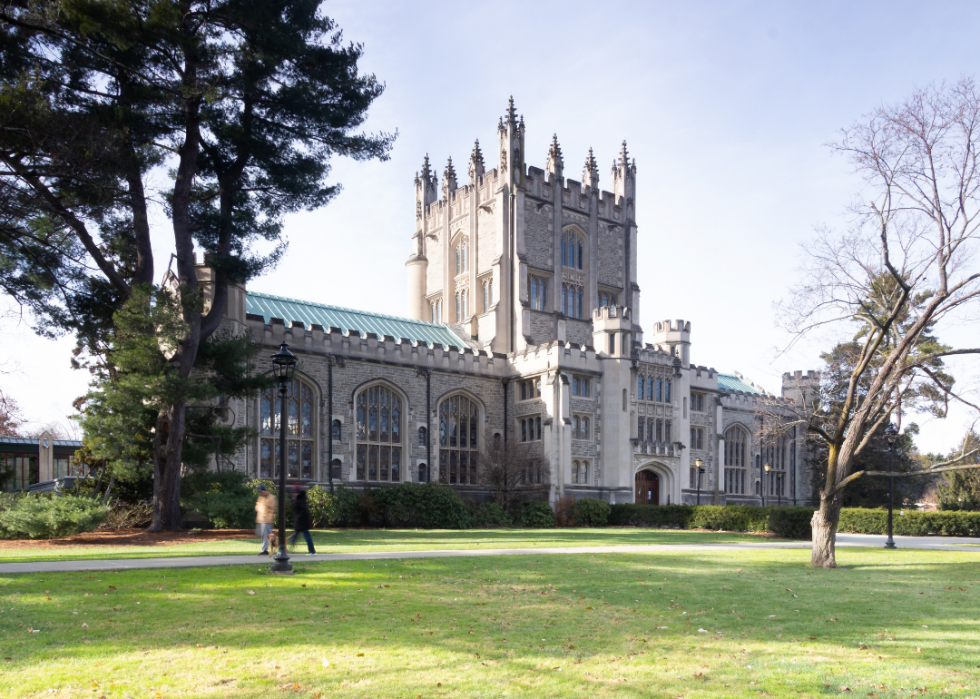

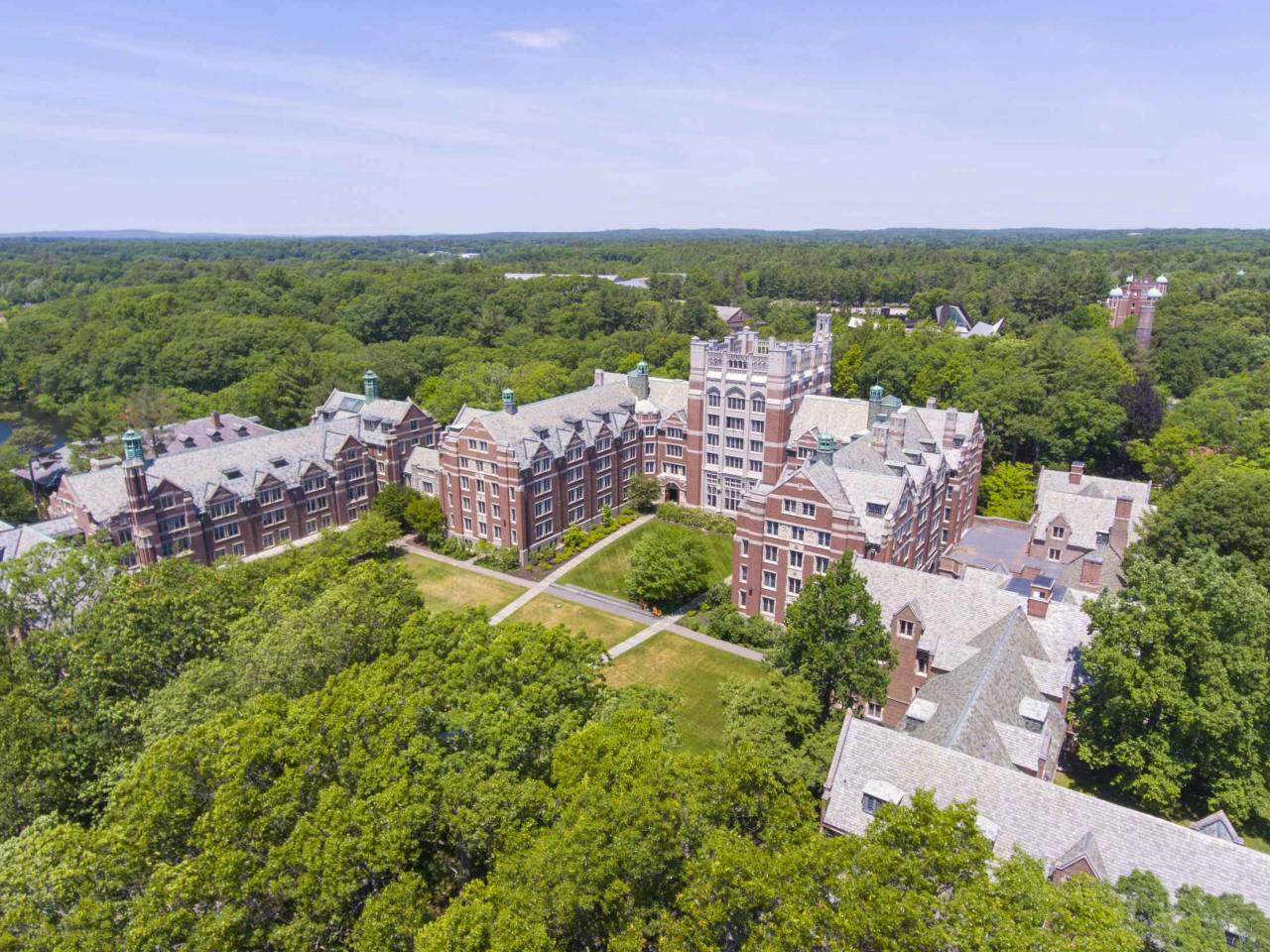
Closure
Thus, we hope this article has provided valuable insights into Navigating the East Coast College Landscape: A Comprehensive Guide. We thank you for taking the time to read this article. See you in our next article!
